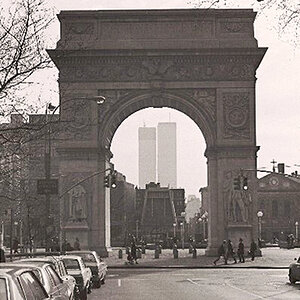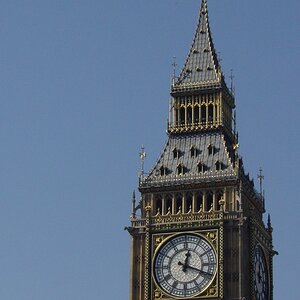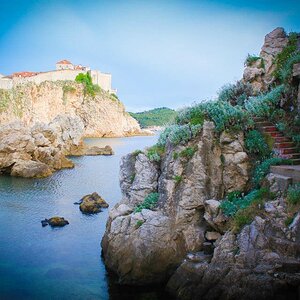pbelarge
TPF Noob!
- Joined
- Feb 11, 2010
- Messages
- 2,680
- Reaction score
- 0
- Location
- New York
- Can others edit my Photos
- Photos OK to edit
I have been photographing a particular location, even before I purchased my current camera. It is a palisade (rock formation) that is a little more than a mile away, across a river. I shoot it from fairly high up and close to the river water level.
My issues:
The lighting is difficult for me (I think lighting is one of my strongest weaknesses) at best. I have shot it in the morning, daytime, rain, cloudy days, and evening, even a couple of times after dark.
1. Can I zoom in (I have Canon EF 70-300 f/5.6) and shoot with a wide aperture and still get focus?
2. I have shot with a 18-55mm lens, with a small aperture (ranging from 7.1 -22 and have not had very good success.
I have UV filter on the lenses, as per keeping the lens safe, should I remove this filter for the shot?
What am I doing wrong?
What can I do to improve the shots?
I was wondering if it was possibly the lenses, but I think it is really me.
Woe to be inexperienced at such an age...
The shots come out looking either under exposed or over exposed. I have once in a while shot a good exposure, but it has never been even close to tack sharp.
My issues:
The lighting is difficult for me (I think lighting is one of my strongest weaknesses) at best. I have shot it in the morning, daytime, rain, cloudy days, and evening, even a couple of times after dark.
1. Can I zoom in (I have Canon EF 70-300 f/5.6) and shoot with a wide aperture and still get focus?
2. I have shot with a 18-55mm lens, with a small aperture (ranging from 7.1 -22 and have not had very good success.
I have UV filter on the lenses, as per keeping the lens safe, should I remove this filter for the shot?
What am I doing wrong?
What can I do to improve the shots?
I was wondering if it was possibly the lenses, but I think it is really me.
Woe to be inexperienced at such an age...
The shots come out looking either under exposed or over exposed. I have once in a while shot a good exposure, but it has never been even close to tack sharp.


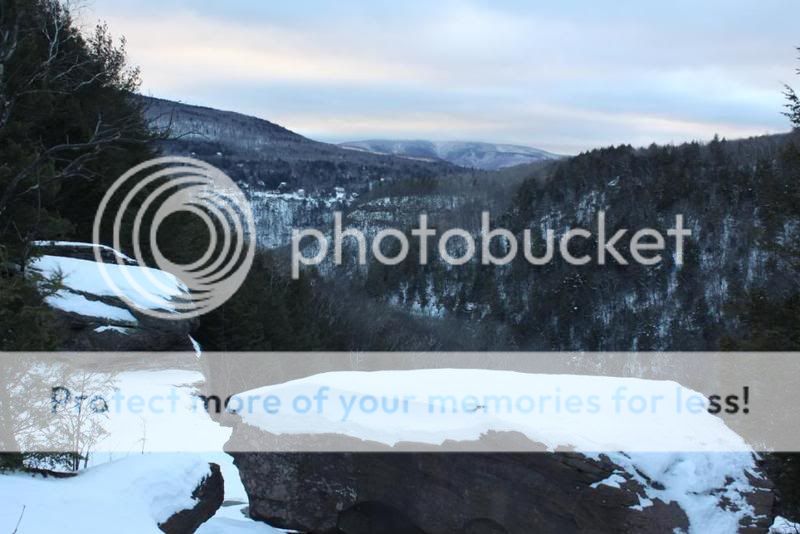
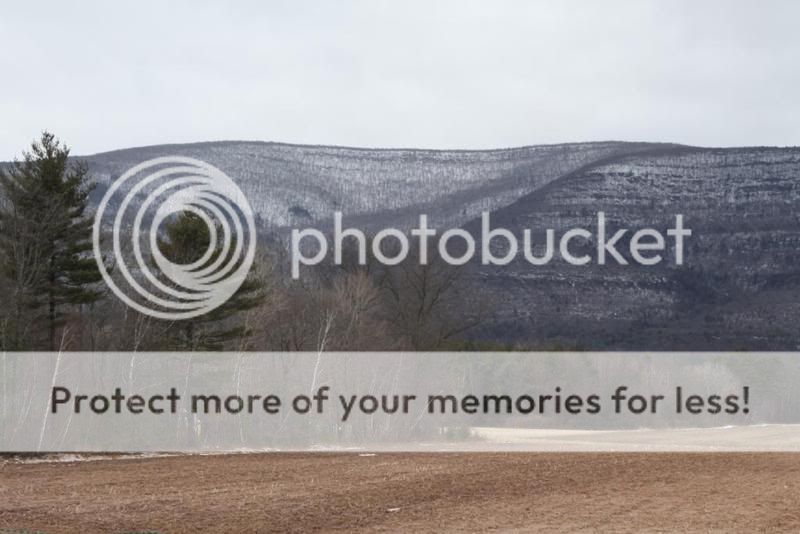
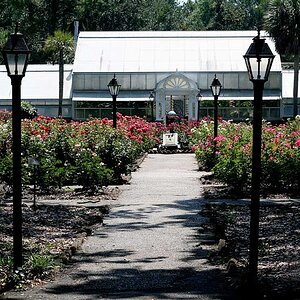




![[No title]](/data/xfmg/thumbnail/31/31011-439c1242fe08cf6b54f32bf06523a567.jpg?1619734567)
